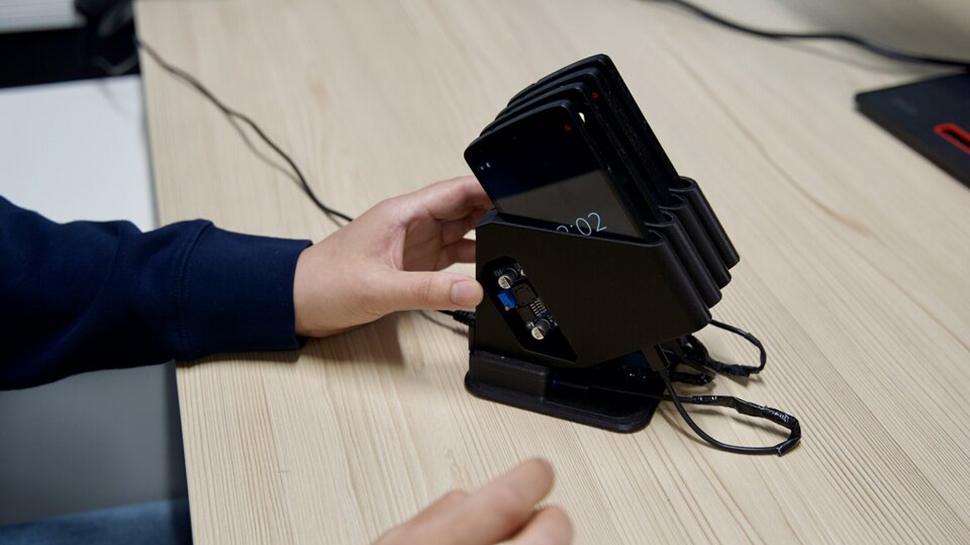- The old smartphones could be reused to admit the collection and data analysis
- University researchers created data centers from recycled phones for only 8 euros each
- The project shows that environmental gains are possible through the reuse of creative devices
Every year, more than one billion smartphones are manufactured worldwide, and most are expelled in a few years, often even in working conditions, and with limited recycling and growing demand, environmental toll continues to grow.
A group of researchers from the University of Tartu in Estonia wanted to prove whether removed smartphones could have a second purpose beyond the landfill or recycling paper, and establish them in small local data centers.
Huber Flores, associate professor of generalized computer science, said about the idea behind the project: “Innovation often begins not with something new, but with a new way of thinking about the old, reimagining its role in the configuration of the future.”
A low cost solution to electronic waste
Flores and his colleagues began eliminating the lithium -ion batteries of the phones to reduce the risk of chemical leaks. Instead, the power was supplied externally.
Next, four phones were mounted together using 3D printed supports, forming a work prototype. Each phone costs about 8 euros to reuse in part of a data center.
The test model was implemented in multiple environments. Under water, he helped with marine research by processing video image directly on the site to count marine life species. Normally, a diver would need to register the data and take them to the surface for analysis. Reuse phones drove everything automatically.
In another scenario, the researchers suggested that these phones -based systems could be placed in urban locations such as bus stops. There, they could tell passengers in real time, helping to improve public transport networks through local data collection and processing.
With global electronic waste that grows rapidly, the project offers a low -cost form of giving new life to ancient electronics. It shows that the phones do not have to be replaced every two years, or thrown once they are.
Ulrich Norbisrath, associate professor of software engineering, summarized the opinion of the team, saying: “Sustainability is not just about preserving the future, it is about reinventing the present, where yesterday’s devices become tomorrow’s opportunities.”
While the project is part of the idea of the micro data centers, examples, such as monitoring of underwater species and passenger counting, are closer to IoT applications in practice. Even so, the concept shows that with a change in perspective, even outdated consumer technology can assume new significant roles in local data processing.




